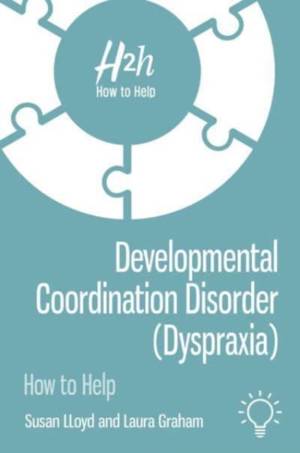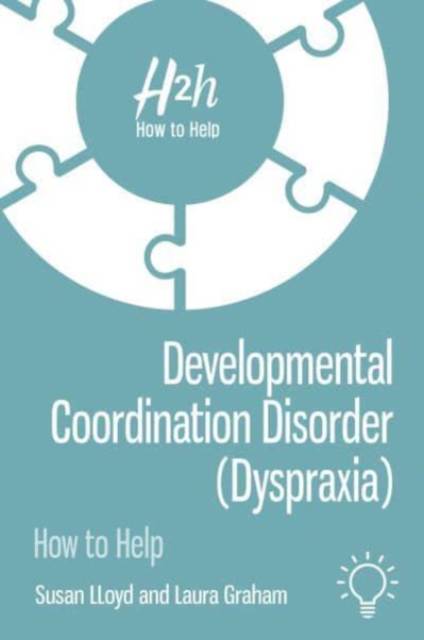
- Afhalen na 1 uur in een winkel met voorraad
- Gratis thuislevering in België vanaf € 30
- Ruim aanbod met 7 miljoen producten
- Afhalen na 1 uur in een winkel met voorraad
- Gratis thuislevering in België vanaf € 30
- Ruim aanbod met 7 miljoen producten
Zoeken
€ 36,95
+ 73 punten
Omschrijving
Part of the How to Help series of books exploring issues commonly faced by children and young people at home and at school, Developmental Coordination Disorder (Dyspraxia) offers a complete introduction to this complex and often misunderstood topic. DCD (historically sometimes called 'dyspraxia, ' although this term lacks any formal criteria) is a frequently under-detected condition that chiefly affects physical coordination but also impacts on many other areas of life. It is often seen as an 'enigma' due to the lack of clear consensus regarding definitions and terminology. Seeking to dispel myths about DCD, to improve understanding, and to point the way to greater independence and participation for those affected, Sue LLoyd and Laura Graham explore the issues, challenges, and experiences commonly faced by a young person with DCD--and how parents, carers, teachers, and schools can help.
Specificaties
Betrokkenen
- Auteur(s):
- Uitgeverij:
Inhoud
- Aantal bladzijden:
- 200
- Taal:
- Engels
- Reeks:
Eigenschappen
- Productcode (EAN):
- 9781913414153
- Verschijningsdatum:
- 1/05/2021
- Uitvoering:
- Paperback
- Formaat:
- Trade paperback (VS)
- Afmetingen:
- 157 mm x 221 mm
- Gewicht:
- 476 g

Alleen bij Standaard Boekhandel
+ 73 punten op je klantenkaart van Standaard Boekhandel
Beoordelingen
We publiceren alleen reviews die voldoen aan de voorwaarden voor reviews. Bekijk onze voorwaarden voor reviews.











